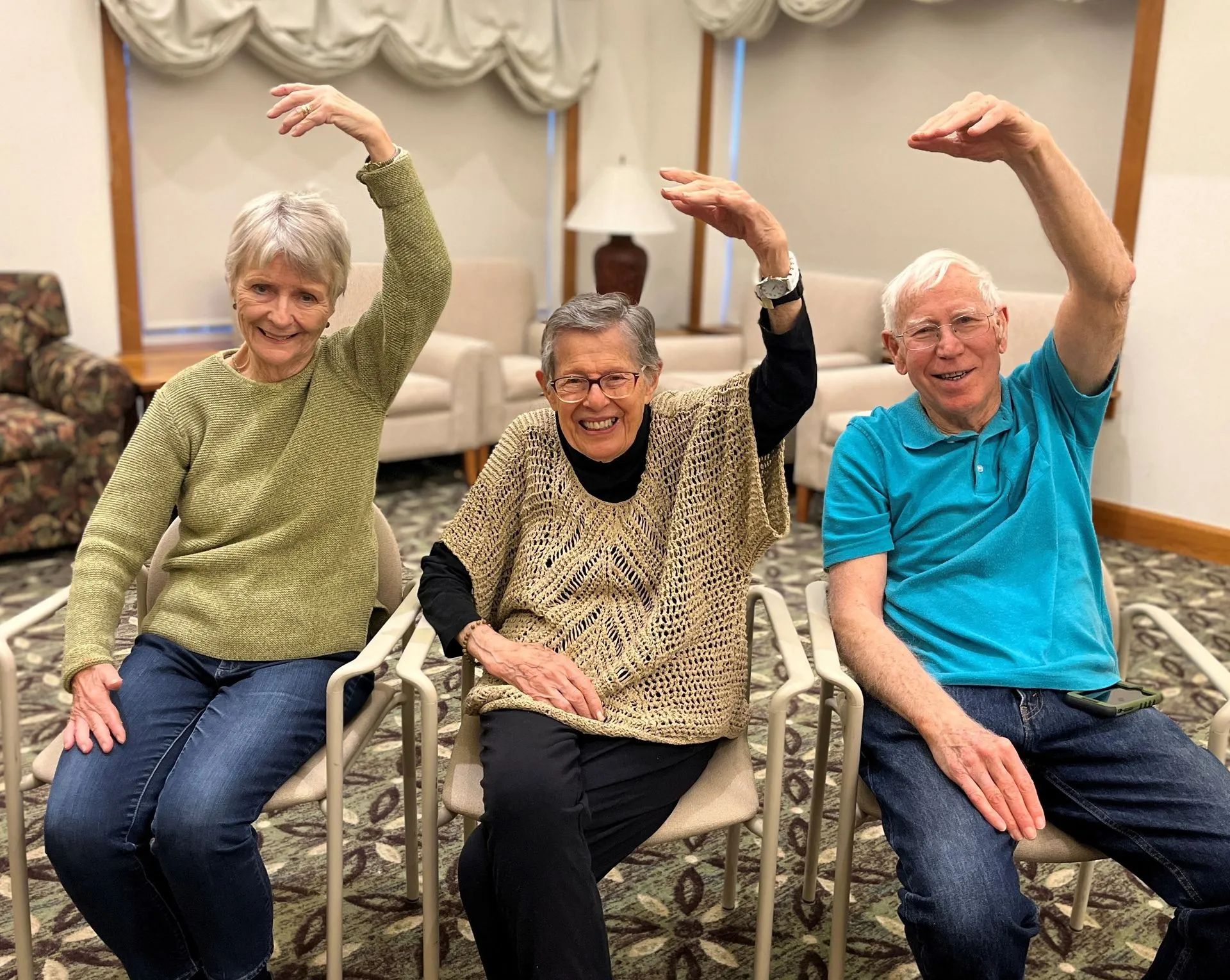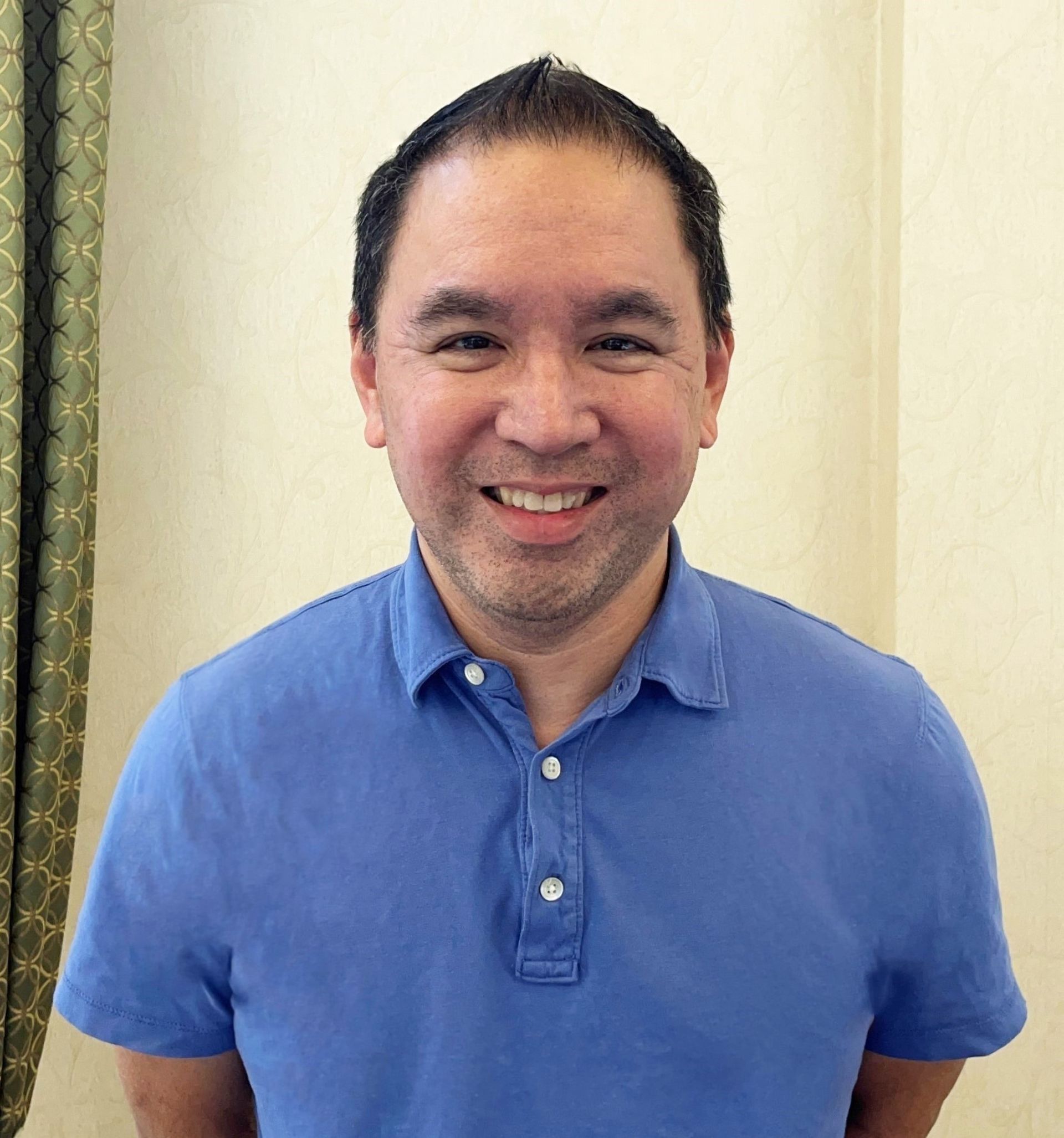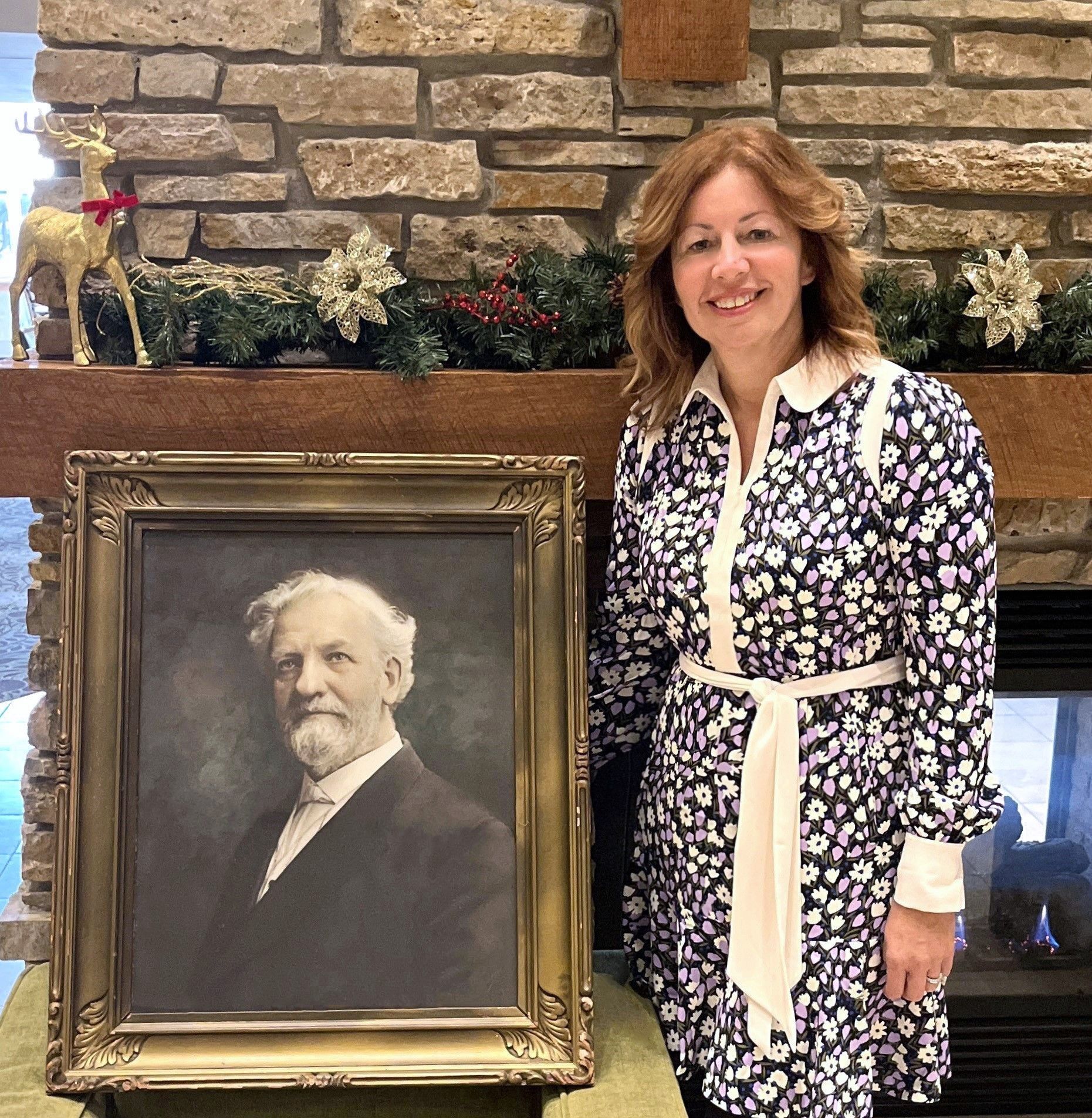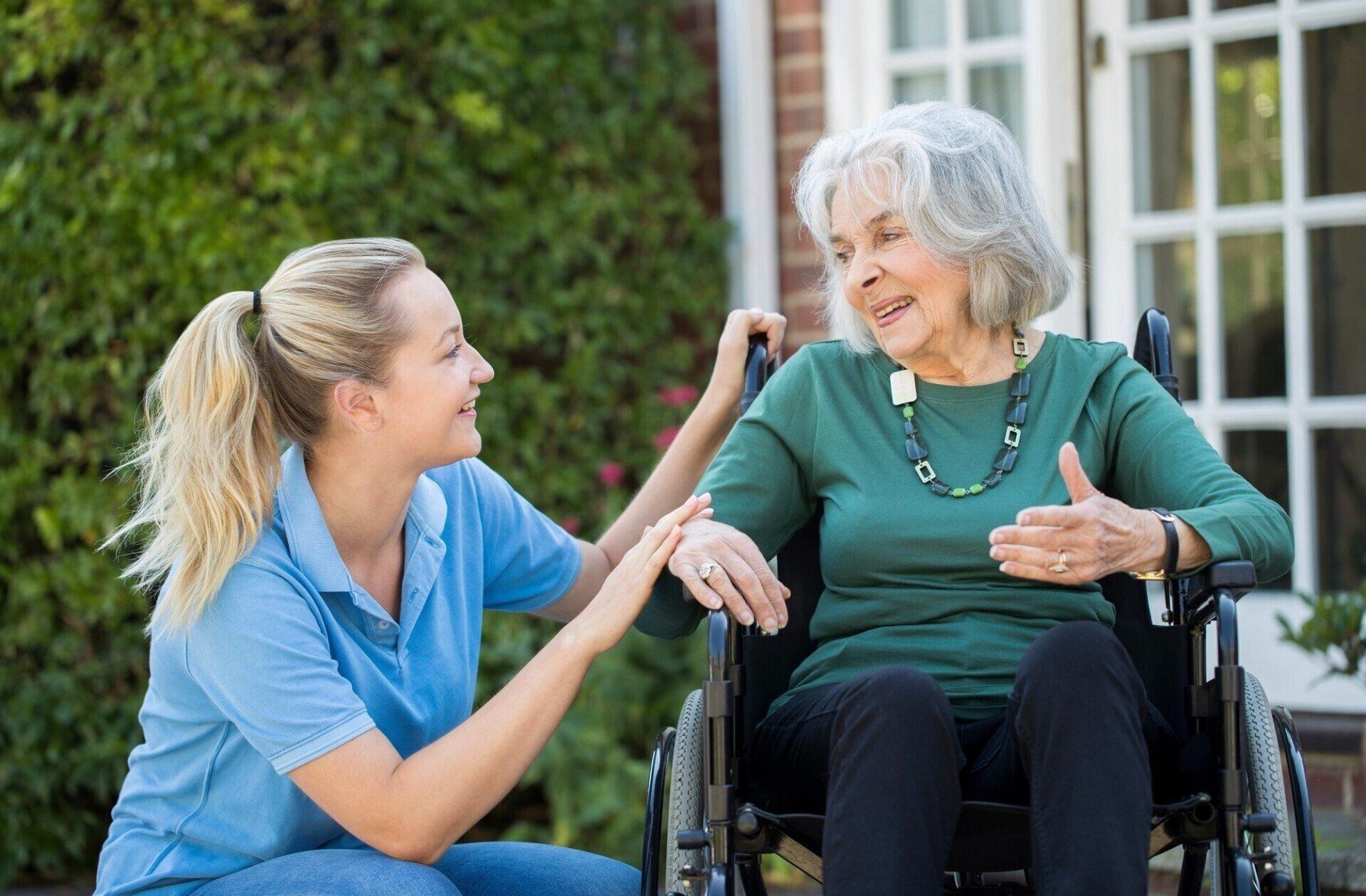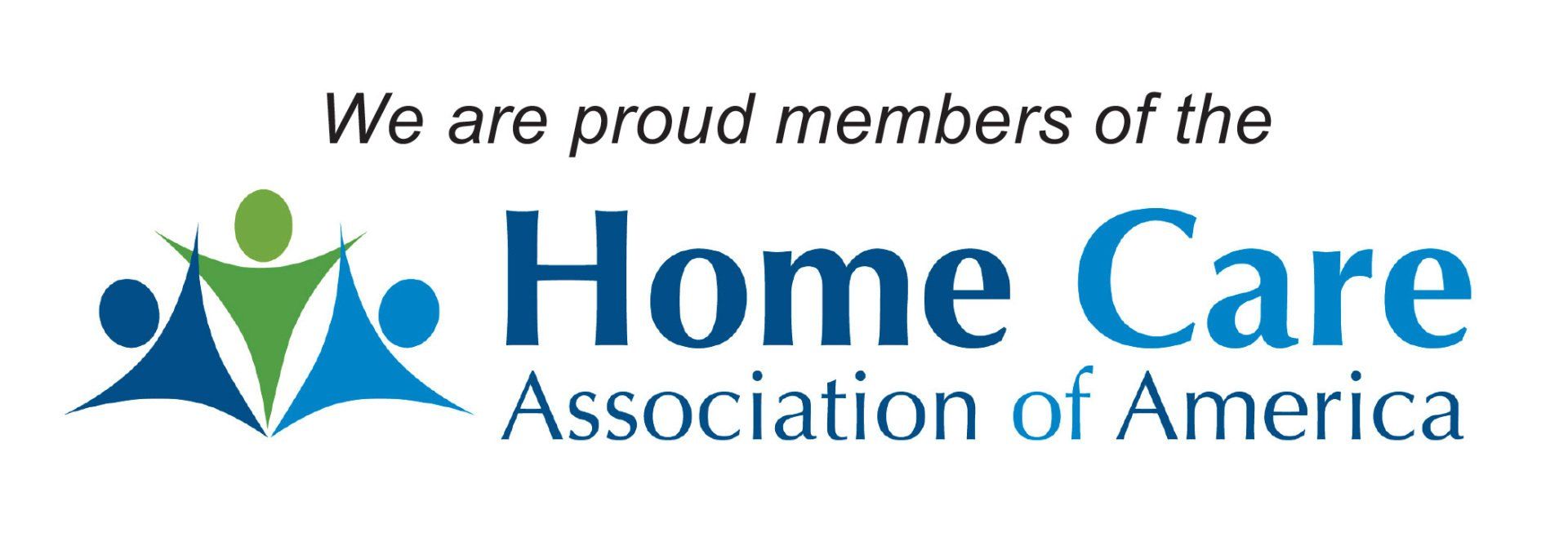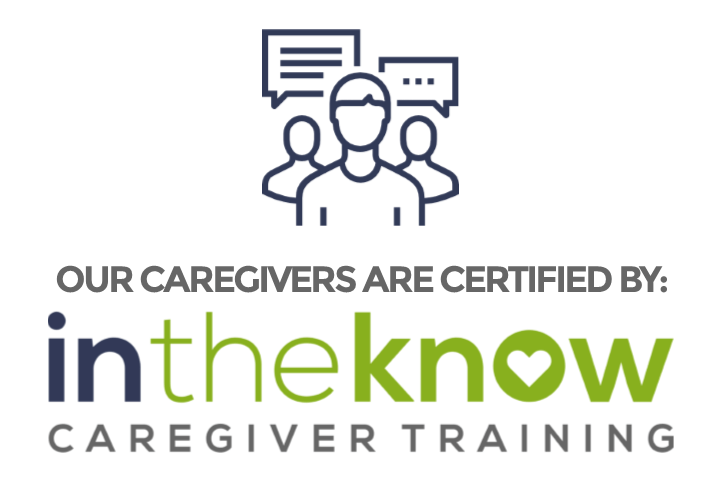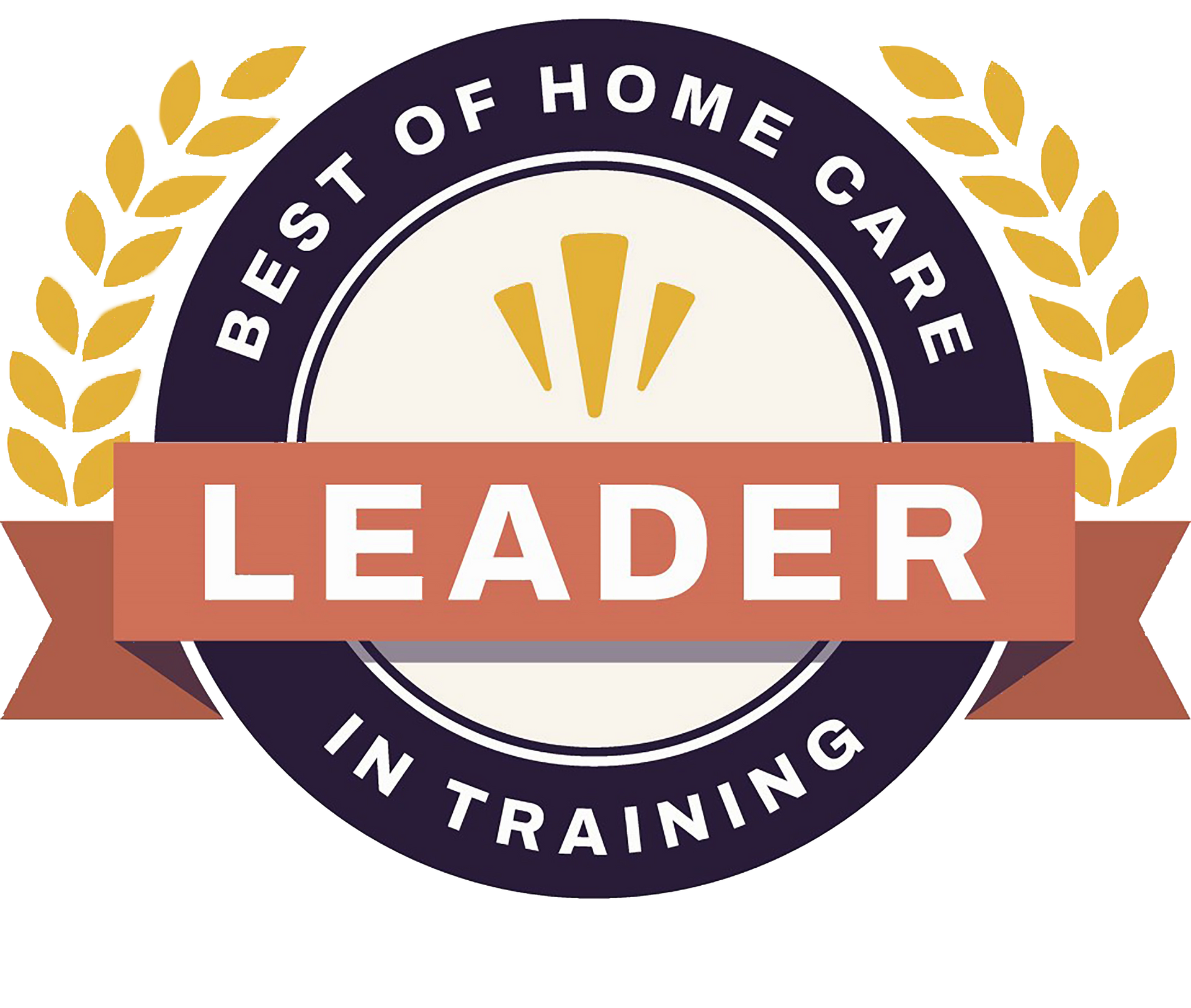How to Know If It's Time for a Caregiver

As people age and face health challenges, they often require assistance with daily tasks that can become overwhelming. Knowing when it’s time to seek additional support can be a stressful process for families to navigate, so recognizing the signs to look for is crucial. Here are some of the key indicators from Partners in Healthcare to help you determine when it's time to seek caregiver assistance:
1. Decline in Physical Health
One of the most noticeable signs that a caregiver may be needed is a significant decline in physical health. This can manifest in several ways:
- Mobility Issues: Difficulty walking, frequent falls, or problems with balance can make everyday tasks more dangerous such as walking throughout the house or using the bathroom.
- Chronic Pain or Illness: If you or a loved one are managing conditions like arthritis, heart disease, or diabetes, keeping track of medication and regular monitoring is crucial. A caregiver can provide vital support and ensure better health.
- Weight Loss or Poor Nutrition: Unintentional weight loss, poor appetite, or difficulty preparing meals can indicate that a person is struggling with self-care and could benefit from help cooking in the kitchen or making a list and going to the grocery store.
2. Cognitive Decline
Cognitive issues such as memory loss, confusion, or difficulty with problem-solving can be signs that additional support is needed. This includes:
- Forgetfulness: Forgetting to take medication, pay bills, or attend appointments can be red flags and are also easily resolved with a caregiver.
- Disorientation: Getting lost in familiar places or showing signs of confusion about time and place.
- Difficulty with Daily Activities: Struggling with personal hygiene, getting dressed, or keeping a living space tidy can impact quality of life. Sometimes, just a bit of help with laundry or assistance with showering or shaving can make a world of difference.
3. Safety Concerns
Ensuring safety is a primary concern when assessing the need for a caregiver:
- Home Safety Hazards: Is the home cluttered or poorly maintained? These conditions can increase the risk of accidents and impact well-being, both physically and financially.
- Difficulty Managing Finances: Trouble managing finances or paying bills on time can indicate a need for support.
- Risk of Self-Harm: Signs of neglecting personal care or increased risk of accidents, such as leaving the stove on or not locking doors.
4. Family Dynamics and Resources
Deciding to bring in a caregiver isn’t just about you or your loved one’s needs—it’s also about what family members can handle:
- Family Considerations: If family members are feeling overwhelmed or stressed by the demands of caregiving, it might be time to consider professional help. “A daughter who had been caring for their mom decided it was finally time to hire a caregiver because they were getting burned out,” explains Sharon Oidem, Director of Partners in Healthcare. “By having that additional support, the daughter was able to feel like a daughter again."
- Lack of Time: Juggling a busy schedule or living far away can make it difficult to provide the level of care your loved one needs. A professional caregiver can fill in those gaps and ensure your loved one is always supported.
- Financial Considerations: It’s also important to consider whether your family has the resources to hire a caregiver. While it can be an investment, the peace of mind it brings is often invaluable.
Contact Us:
Whether you or your loved one's health needs are short-term or extended, Partners in Healthcare is here to support each client’s independence and dignity. Featuring no up-front deposits and a free client assessment with no obligation, a customized plan of care is provided for every situation.
We are a licensed, bonded and fully insured home care agency, and a member of the Home Care Association of America. Partners in Healthcare has also been awarded a “Best of Home Care Leader in Training” by Home Care Pulse, which is recognized by the Alzheimer’s Association for high-quality, person-centered Alzheimer’s and Dementia training.
To learn more about flexible caregiver options from Partners in Healthcare, please call (847) 904-5113 or visit www.partners-healthcare.com

